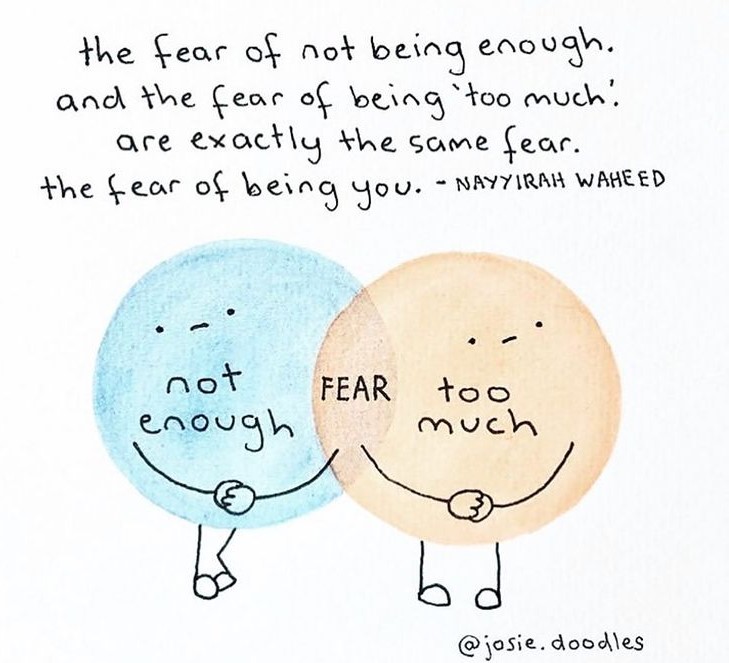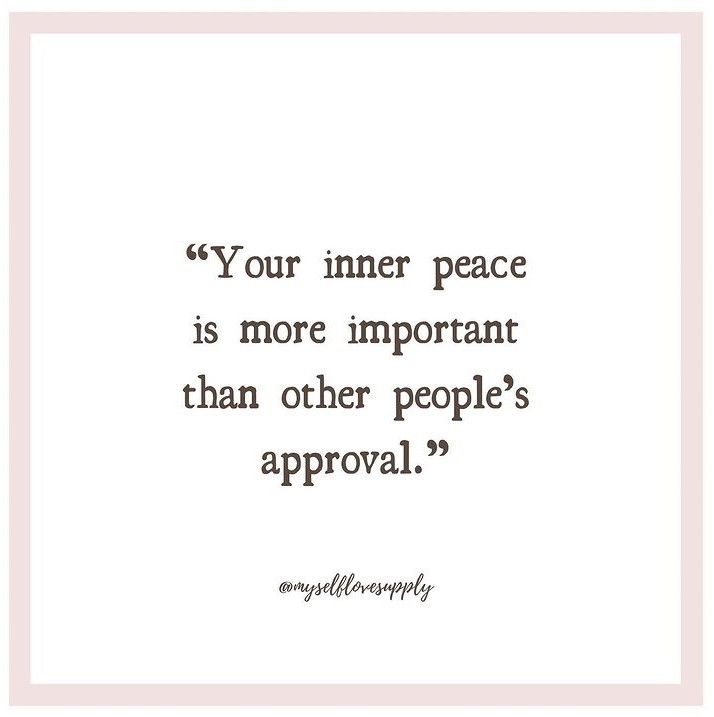Carissa shares with us an important journey that stemmed from feeling pressure to fit into societal and cultural standards. In this article, Carissa explores how she learned to embrace herself after using food as a coping mechanism for years. Carissa’s inspiring strength is evident in how she continues healing and reflecting on her experience with an eating disorder.
Q: Tell us about how your relationship with your body and/or eating habits first began to change. What stage of your life were you in? What major events played a role?
A: I was in my early adolescent years when the habits started to slowly present themselves in my life. The major events that played a role would include puberty and feeling an immense pressure to fit into societal standards.
Looking back, it started when I was around 13 or 14 and just starting high school. I didn’t know it at the time, but a lot of factors did influence me. Coming from an Asian background, food represents joy and often brings family together. This made it really hard to label my habits as an eating disorder and my parents didn’t even know what an eating disorder was at first. To be honest, I didn’t even know that I had one. There were really high expectations culturally, everything from education to career. The main focus was to be the best at everything, and so that stress and expectation built up over time from different influences.
Q: What were changes in your thoughts, feelings, or behaviors that you noticed during this time?
A: To be honest back then, I did not realize that I had any changes in my behaviors or thoughts. I felt as if I was on autopilot and everything was normal. Looking back at it now, I realize that I was actually dealing with a handful. I thought that what I was going through with my eating disorder was normal. I didn’t have many thoughts about it and didn’t know how to cope with the stress and feelings I was going through in my life, so food was such a big coping mechanism.
When I was younger, I would eat when I was stressed. But then high school started and I did the opposite to cope with stress. Growing up, I didn’t have a ton of confidence and self-esteem and social media played a big role in that. I kept thinking that if I were thinner or smaller, I’d fit in more. Those types of thoughts would spiral from an innocent diet and losing a few pounds at first into more extreme behaviors, like starving myself or not eating anything at all.

Q: Did your relationship with loved ones change in any way during the early stages of your journey? If so, how?
A: My relationship with loved ones changed immensely during the early stages of my journey; I pushed people away without realizing. It took time to acknowledge that my actions had an effect on my relationships with other people and with myself. This was the first step to healing and recovery.
In Asian culture, food is such a big representation of love. When my mother would cook a big family dinner for all of us and I refused to eat it, I think that was a huge shock to her. There was definitely conflict between me and my family over my eating disorder.
With my friends, I don’t believe many of my friends really noticed since I had already become so disengaged with the friendships. I had two close friends who noticed that something was wrong, noting that I was losing a lot of weight quickly, often tired, and looking pale. They ended up going to my high school counsellor and spoke to them about me, so I ended up having to have a conversation about it. After the conversation, the counsellor had recommended that I let my parents know I’d need to go to the hospital.
Q: What did loved ones do to support you that you found helpful or what kind of support do you wish you had received?
A: When I was younger, I often turned to eating as a way to cope and bingeing was my way of comforting myself. I wish that I had someone to talk to when I was younger because I stored all my feelings up and really believed that it was my responsibility to deal with everything myself. To always be happy, never show my anger or hurt.
My loved ones had no idea what I was dealing with initially. However as time went on, they got more educated on the subject and learned how to encourage and lead me on the road to recovery. I am forever thankful that they had so much patience for me.
Q: How long was it before you sought treatment/support? What played a role in that decision?
A: I initially got treatment pretty quickly as my friends had a gut feeling something was wrong. My health was declining and I was overall not myself. I mentioned earlier how I had a conversation with my school counsellor and they suggested seeking more support. My parents did bring me to the B.C. Children’s Hospital and I was admitted into the inpatient unit for eating disorders. All these health conditions started coming up for me so I just accepted that I’d have to go into treatment.
Q: What resources or types of support did you find most helpful during this time?
A: Individual therapy and support groups are some of the resources I found most helpful during this time. Having my parents understand more about my eating disorder and finding the root cause of it really helped as well. Back then, I didn’t really have the drive to recover. I still wanted to be thin and small and to shrink and fit in. Right now, in my early twenties, I’ve done a lot of healing. I’ve done a lot of healing my relationship with food and coming to terms with past trauma. This mixture of healing myself on the inside along with therapy and being out in nature has been really helpful.

Q: What kinds of self-directed behaviors did you find helpful?
A: Journaling my thoughts out, yoga, breathing exercises and spending time in nature are some of the self-directed behaviors I found helpful. Meditation helped teach me how to be present. A lot of times, people can be really focused on the future or the past instead of the present. Practicing meditation helped me to stay present in my life. Going to the gym and getting some exercise, anything from yoga to running has been helpful. Just getting some movement in my day and releasing endorphins.
Out of all these exercises, journaling has been the most helpful. You get to write down everything you’re feeling and going through. Everything that’s bottled up can be written down and let go of. That’s been really beneficial, just being able to reflect on these experiences.



